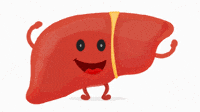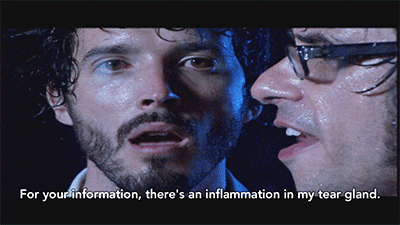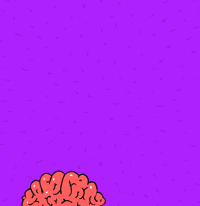Dry Fasting vs Water Fasting: Which is Best?

Disclosure:
Throughout history, fasting has been an essential part of many spiritual or religious traditions...
Avoiding food or drink for a set period of time is considered a way to practice discipline and connect with a higher power.

Now, recent medical science seems to be confirming what this ancient wisdom has been telling us all along...
Fasting is good for us.
These days, intermittent fasting has become quite the health trend... and for good reason... because restricting your eating schedule to certain times of the day seems to show many benefits.
But what about prolonged fasting? What should it look like to fast for 1-5 days (or more)?
This where it begins... the conversation about dry fasting vs. water fasting.
Should you hold off on consuming ANY food or drink (dry fasting)? Or allow yourself to consume water and maybe salts/electrolytes (water fasting)?
They both have their pros and cons...
But which one is better for you?
Let's take a closer look:

Health Benefits of Fasting
Before we compare dry fasting and water fasting... let's talk about the positive aspects of fasting in general...
Fasting has been practiced for centuries...
Whether done for spiritual reasons or not... it's been shown to have many health benefits, including:
Weight Loss
When you fast, your body is forced to use up stored energy.
Energy is stored in the form of glycogen in the liver...

And when the body stops receiving energy supply in the form of food or liquids...
It burns through its glycogen reserves... and moves onto the energy stored in fat cells.
Naturally, this can lead to weight loss.
Fasting has also been shown to reduce other cardiovascular risks such as blood pressure and abdominal circumference.
Increased Insulin Sensitivity
Fasting could increase insulin sensitivity.
This is especially important for people with diabetes because it can help to control their blood sugar levels.
Reduced Inflammation
According to researchers at Mt. Sinai, fasting could also reduce inflammation.
Often called "the mother of all diseases"...
Chronic inflammation is a major contributor to things like heart disease, cancer, and arthritis.

And when the body experiences calorie-restriction... it tends to send pro-inflammatory cells into a type of "sleep mode."
So in this way, fasting could contribute to overall health in a BIG way.
Improved Brain Health
If you're looking for a boost between the ears...
Intermittent fasting, in particular, has been shown to increase levels of BDNF — which a protein that helps to protect the brain from damage and promote neural growth.

Fasting has also been linked to improved cognitive function and a lower risk of Alzheimer's disease.
...So, as you can see, fasting has the potential to help in many different ways...
But everyone's health situation is different, so you should always consult a doctor before starting something new...
With that said... let's get into the 2 most popular methods of prolonged fasting:
What is Dry Fasting?
Dry fasting is when you do NOT consume either food or water.
During this period of time, all calories or fluids are off-limits.

Some people do hard dry fasts — as opposed to soft dry fasts — which means they even avoid taking showers or using water to brush their teeth!
Dry fasting is generally done for shorter periods of time, such as 1-2 days... or even as much as 5 days for experienced fasters.
What is Water Fasting?
Water fasting is when you only consume water, and maybe some extra salts/electrolytes like sodium or potassium.
During this period of time, you don't consume any food or other beverages.

Water fasting can also be done for longer periods of time...
Most commonly, people practice water fasting anywhere between 1-3 days...
But a small minority of people can go much longer periods of time... from 7 days... 10 days... even as much as 30 or 40 days!
So Which is Better?
Well... it's not clear.
The fact is: Each method carries its own benefits and risks.

And as of 2022, there's not enough medical research on this subject to come to a definitive conclusion.
To decide which to do at a given time will also depend on your goals and motivations...
You might be looking to simply lose weight... or maybe you want to test the limits of your stamina and willpower...
Either way, each method has been shown to help with weight loss, boosted immunity, detoxification, and increased focus/energy.

Some people, like Dr. Françoise Wilhelmi de Toledo of the Buchinger Wilhelmi fasting clinics in Europe, is cautious about both methods...
Although there may be some evidence showing dry fasting delivers faster results than a water fast... she recommends against it fasting because of the drastic transition into a metabolic state...
This sudden change can be rough for modern people who are used to a stressful life & a salty, sugary Western diet.

She also says water fasting could be better because you activate your kidneys and urinary system to eliminate a lot of toxins, but says it's not for everyone and not for everyday life.
Instead, Dr. Woledo recommends a slow deceleration down to 200-250 calories a day to smooth the transition for the body.
So again, be sure to consult your doctor before trying either...
And we hope you get to experience the benefits of fasting.
---
At UltimateHuman.Org, we talk about what you need to look, feel, and be your best self.
For more on the latest in health & biohacking... Join the community by clicking below:
Disclosure:
